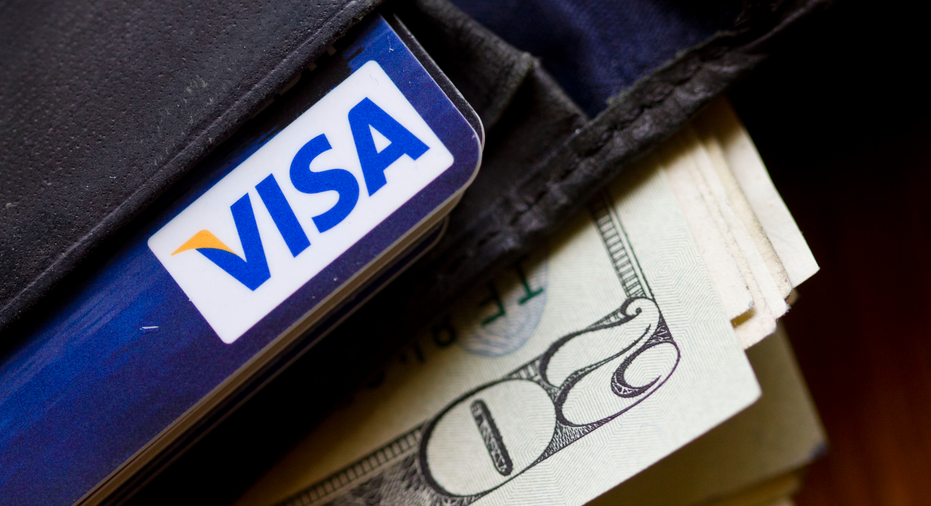How to budget on a roller-coaster income

Popular budgeting advice like the 50/30/20 rule — which allots a set percentage of income to necessities, wants and needs — is meaningless for people whose paychecks go up and down.
Freelancers, the self-employed, and those who depend on tips or commissions can have a great-paying month or a bad one, and that leaves them vulnerable. A Federal Reserve report released in May found that nearly a third of U.S. adults had irregular incomes in 2016 — and 40 percent of those struggled to pay bills as a result.
Financial experts' best advice is to plan ahead as much as possible, using creativity and new tech tools designed for those with irregular incomes. Here are four tips for managing money when your paycheck fluctuates.
1. BUILD AN EMERGENCY FUND
People with sporadic income should save nine months' worth of expenses in an emergency fund , says Todd Youngdahl, managing partner at Washington Wealth Advisors in Falls Church, Virginia.
That's more than the standard recommendation of three to six months' worth. The extra allows you to "dip in to cover expenses in a month that you don't get paid as much," Youngdahl says.
It might take time to reach that goal, but research shows that even a small cushion improves financial health. According to a 2016 Urban Institute study , families with fairly low savings levels ($250 to $749) were still less likely to face eviction, miss bill payments or resort to public benefits than those without savings.
One program to help jump-start a savings habit is SaverLife.org. Earn $10 each month that you save at least $20, for up to six months.
"Even a little bit can help someone smooth over their income in a month that they earn less," says Shana Beal, director of communications at Earn, the nonprofit behind the program.
2. BUDGET WHAT YOU SPEND
"When you have irregular income, you must live below your means," says Mark Kemp, a certified financial planner in Harleysville, Pennsylvania.
Because you don't know your income for a given month, construct your budget around your baseline spending.
Add up the costs of your necessities, including housing, utilities, food, insurance and transportation, and include a monthly amount for annual bills, such as property taxes. Don't include extras like restaurant meals or taxi rides, just the minimum amount you need each month. An app that tracks spending, such as Mint or Personal Capital, can help you estimate.
Then find out if last year's earnings covered this baseline. If not, you might need to trim expenses. And use surpluses from peak months to build your reserve for lean months, says Barbara O'Neill, a certified financial planner in Newton, New Jersey.
3. CREATE A STEADY PAYCHECK
Take control of your cash flow by setting up separate accounts for deposits and spending.
Deposit paychecks into one account. Each month, use it to pay yourself a "salary" that covers expenses. "This creates a steady monthly income that goes into the checking account your expenses are paid from," says Clayton Shearer, a certified financial planner at A&I Financial Services in the Denver area.
If you tend to receive many small checks each month, and your reserve fund isn't fully funded yet, try weekly transfers.
4. USE APPS IF YOU NEED AN ADVANCE
If you don't have an emergency fund, a low-earning month could compel you to use high-interest credit cards or expensive payday loans. Instead, consider signing up for services such as these that offer cheaper alternatives for short-term cash:
— Activehours: Provides small, no-interest advances — up to $100 per day — against direct-deposit paychecks. Cost: An optional "tip" in the amount you choose.
— Dave: Offers no-interest advances until your next paycheck. Warns of upcoming bills or low bank balances to help avoid expensive overdrafts. Cost: $1 per month and optional tips.
— Even: Sets aside money from your paycheck if it's higher than average. When you earn less, Even makes deposits to bring you up to average until you get paid again, with no interest. Cost: Free if your employer offers Even as a benefit, or about $3 a week.
Financial experts caution against relying too often on cash advances. But these low-cost services can help you make it through a lean month — and then quickly get back to your monthly budget and savings plan.
This article was provided to The Associated Press by the personal finance website NerdWallet. Jeanne Lee is a writer at NerdWallet. Email: jlee@nerdwallet.com. Twitter: @jlee_jeanne
RELATED LINKS:
NerdWallet: Emergency fund calculator: How much will protect you?
https://nerd.me/emergency-fund-calculator
Federal Reserve: Report on the Economic Well-Being of U.S. Households in 2016
https://www.federalreserve.gov/publications/files/2016-report-economic-well-being-us-households-201705.pdf
Urban Institute: Thriving Residents, Thriving Cities: Family Financial Security Matters for Cities
https://www.urban.org/research/publication/thriving-residents-thriving-cities-family-financial-security-matters-cities



















